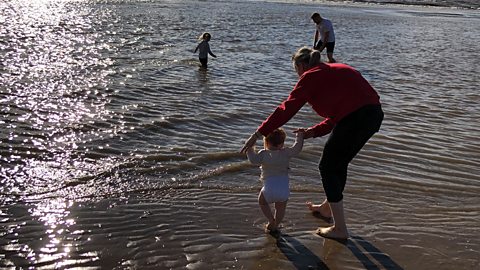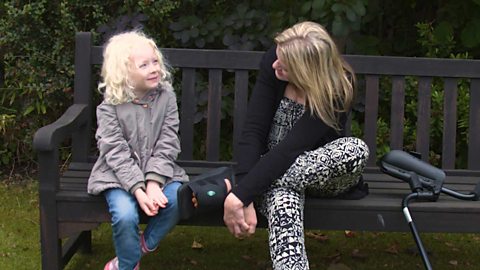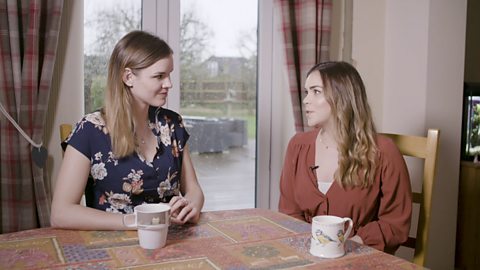Natalie, 25, started fostering children three years ago, making her one of the youngest foster carers in the UK. Here she shares her experiences and advice for anyone thinking about fostering.
My parents became foster carers when I was 10 and we had children staying with us for anything from two weeks to 12 years.
I learnt what theyŌĆÖd been through before they came into care and realised how much trauma foster children face. They need a loving home where they can feel a sense of belonging.
I saw the difference my parents made in their lives and thatŌĆÖs where my interest in becoming a foster carer started.
In my mind, it was something I would do in the future when I was married and maybe had children of my own. It was never my plan to do it when I was 22. But as I came to the end of my first year of teacher training, I began thinking about where my career was going and what I was most passionate about. I kept coming back to fostering and decided to go for it.
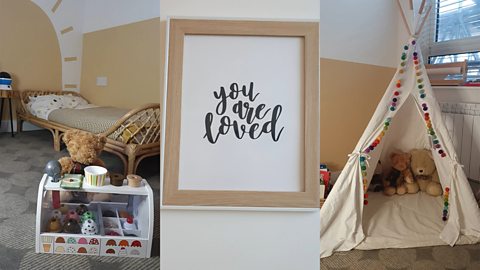
It was a big decision, especially as I didnŌĆÖt know anyone else who had done it in their early 20s. I knew it would be both daunting and challenging.
My parents and friends were really supportive, but everyone had the same questions: was I too young and what would it mean for my social life? These were things I was worried about as well, but as it turns out I didnŌĆÖt need to worry.
The fostering assessment
The whole process took about a year and covered everything from my own childhood through to dealing with challenging behaviour. I was asked if there was a particular age group I wanted to foster. I work in a nursery, so I said IŌĆÖd prefer younger children.
You have to go before a panel where you find out if youŌĆÖve been accepted as a foster carer. I got a ŌĆśyesŌĆÖ which was amazing.
But what I wasnŌĆÖt expecting was to be asked there and then to take on a child.
It was very quick, but they said they had matched a 3-year-old girl with me who needed a lot of one-to-one attention.
She arrived the following week. When you foster you get an allowance which you can spend on the childŌĆÖs food, clothes and anything else they need. I already had a bedroom set up but as soon as I found out more about her, I bought a few toys I thought sheŌĆÖd like.
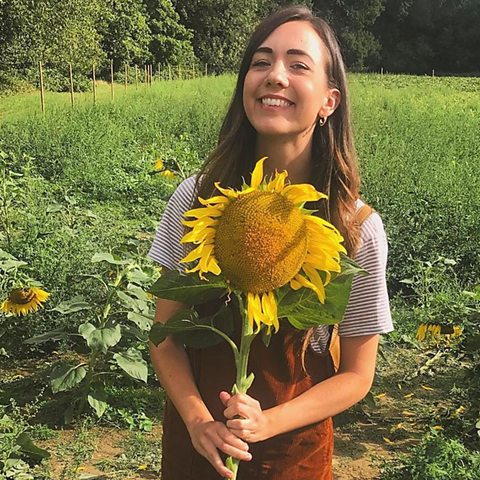
Meeting your foster child for the first time
It was a very strange feeling when she first arrived. I was quite nervous waiting for her but as soon as I saw her, I focused on making sure she felt happy and safe.
Even though she settled quickly, it was clear she was quite an anxious child. SheŌĆÖd come from a very traumatic and chaotic background and was very frightened a lot of the time. If she did something wrong, she would go and hide. That was hard to see but during her time with me, she completely came out of her shell and became a confident and happy little girl.
Saying goodbye is the hardest part
I do short-term fostering so after a year, she went to live with her forever family. It was incredibly upsetting when she left. Saying goodbye is definitely the hardest part of fostering. ThereŌĆÖs no way around it. You just have to give yourself time to grieve after theyŌĆÖve gone.
The next child I fostered was a 7-year-old boy. He was a totally different character and we used to take our books to the beach and read together. At the end of the year, it was decided that he would go into long-term foster care. My parents put themselves forward, so heŌĆÖs living with them. I can still see him, which is lovely.
IŌĆÖm now fostering a 3-year-old girl who has been with me for a few months. Each child is completely different and thatŌĆÖs what makes fostering so interesting.
You can still have a social lifeŌĆ” and date
Even though I had my concerns about how much fostering would affect my social life, I donŌĆÖt feel itŌĆÖs isolated me in any way. You still get the chance to be social, it just looks different.
You still get the chance to be social, it just looks different. Rather than nights out, IŌĆÖll do things where I can take the child IŌĆÖm fostering.
WeŌĆÖll go for picnics or trips to the beach with friends. I also meet other foster carers at toddler groups and itŌĆÖs great to have that interaction and support.
Another thing to know is that fostering doesnŌĆÖt mean you canŌĆÖt have a dating life. I was single when I started fostering and now IŌĆÖm in a relationship. It is possible!

Ongoing support
While fostering is super rewarding, it can also be challenging. When children have been through trauma it can show in their behaviour sometimes. This can be difficult so itŌĆÖs a matter of thinking of ways to manage their behaviour in a positive way.
For one child, I created a ŌĆścalm down kitŌĆÖ, which we filled with items aimed to de-escalate ŌĆśbigŌĆÖ feelings, such as a stress ball, sensory bottles and play dough. Another child I fostered found it helpful to kick his football in the park or throw stones in the sea when he needed a positive way to channel his frustration.
There is ongoing training you can have and both you and the child have your own social worker. There are other professionals around to help, including health visitors and psychologists. There is always someone who can help you; youŌĆÖre not on your own.
Building an attachment with a caregiver changes the way a child sees the world and I feel so privileged to help them do that.
Fostering is so rewarding and being there to nurture each child is incredible.
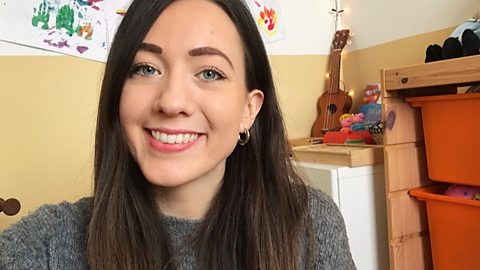
NatalieŌĆÖs top tips
1. DonŌĆÖt let your age stop you fostering
A lot of people see foster carers as an older family with children. But you donŌĆÖt have to be a conventional family to foster. You can go into it at a young age and it doesnŌĆÖt make you any less qualified. I think young people have a lot to give. They might have more energy and creativity. DonŌĆÖt let your age be the thing that stops you.
2. Being young can help you bond with your foster child
Being younger can help children relate to you more. I know from other carers who foster teenagers that they quite like it when they arenŌĆÖt much older than them. It was less of an ŌĆśusŌĆÖ and ŌĆśthemŌĆÖ relationship and more of a friendship.
3. Take time for self-care
Looking after yourself is really necessary. There are moments when I feel like my patience is being tested and thatŌĆÖs when I have to make sure IŌĆÖm looking after myself as well as the child. IŌĆÖll take us both out for a walk to get some fresh air.
4. Build your support network
ItŌĆÖs really important your friends support you and understand what fostering entails. IŌĆÖm in constant contact with my friends and am honest about how IŌĆÖm doing. Making sure I have a support network I can talk to has been really important. I donŌĆÖt think I could do it without them.
Becoming a foster carer
If youŌĆÖre interested in fostering, you can either apply through your local council or a fostering agency. The website has for people thinking of becoming foster parents.

